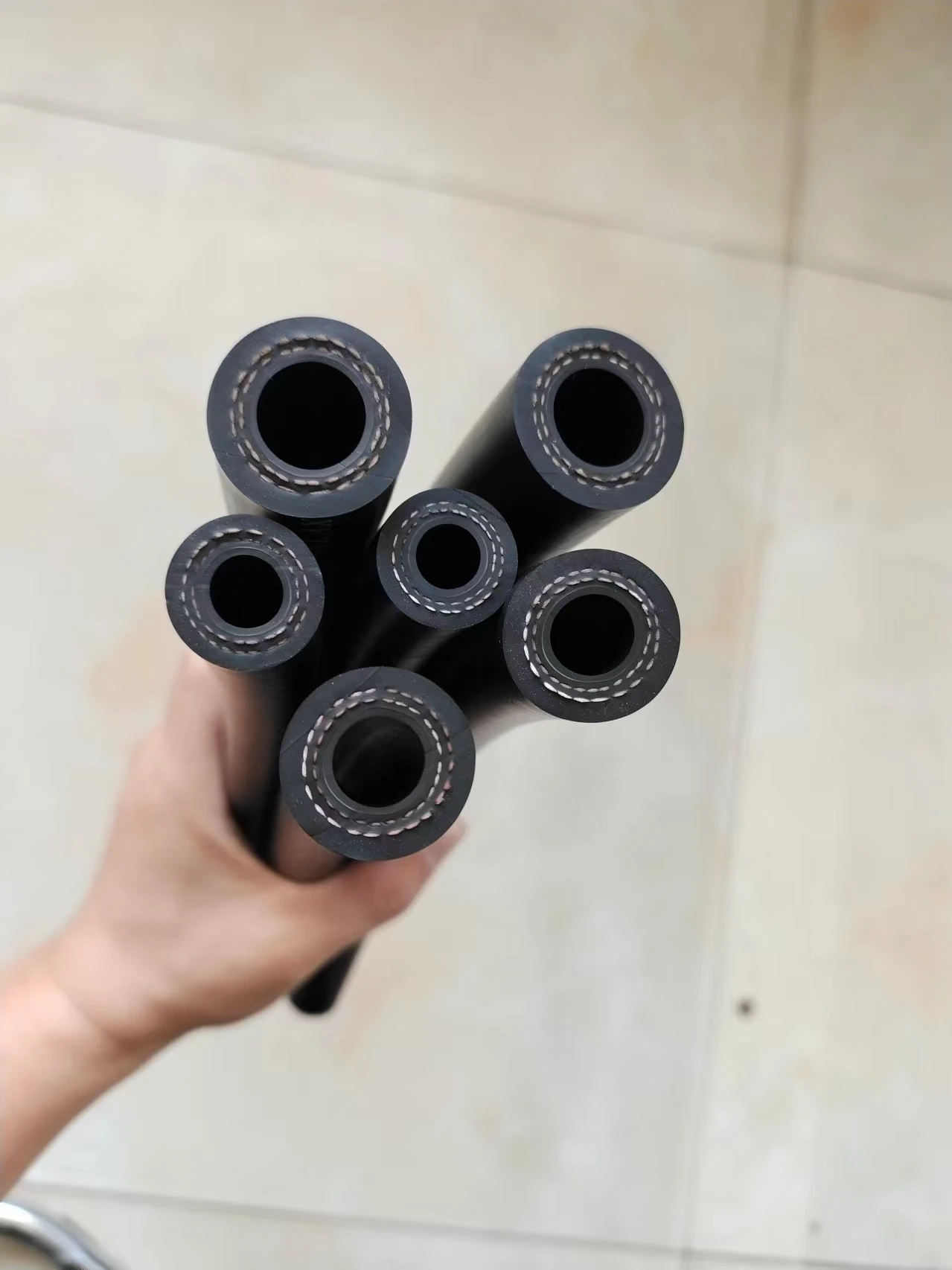ethanol fuel hose
Dec . 21, 2024 15:56 Back to list
ethanol fuel hose
Understanding Ethanol Fuel Hose An Essential Component for Modern Engines
Ethanol fuel hoses are an integral part of modern fuel delivery systems in vehicles that operate on ethanol-blended fuels, such as E10, E85, and other mixtures. As the automotive landscape evolves towards more sustainable and eco-friendly fuel options, understanding the role of ethanol fuel hoses becomes crucial for both consumers and manufacturers.
What is Ethanol?
Ethanol is a type of alcohol that is used as a renewable fuel source. It is often produced from corn or sugarcane and can be blended with gasoline in varying concentrations. The most common blends include E10, which consists of 10% ethanol and 90% gasoline, and E85, which contains up to 85% ethanol. These blends are increasingly used to reduce greenhouse gas emissions and dependence on fossil fuels.
The Importance of Ethanol Fuel Hose
Ethanol fuel hoses are specifically designed to handle the unique properties of ethanol blends. Regular rubber hoses used in conventional gasoline systems are not suitable for ethanol. Ethanol has a higher affinity for water and can cause any moisture present in the fuel system to separate, potentially leading to corrosion and damage in standard hoses. Additionally, ethanol can degrade certain rubber and plastic materials, leading to leaks, reduced performance, and even engine damage.
Ethanol fuel hoses are manufactured from materials that can withstand the corrosive nature of ethanol. Often made from fluoropolymer or other high-performance materials, these hoses provide enhanced durability and flexibility, ensuring a secure and leak-free connection in the fuel delivery system.
Key Features of Ethanol Fuel Hoses
ethanol fuel hose

When selecting ethanol fuel hoses, there are several vital features to consider
1. Compatibility The hose must be compliant with EPA regulations and compatible with ethanol-blended fuels. Always check for certification marks that indicate the hose has been tested for ethanol-related performance. 2. Temperature Resistance Ethanol can lead to increased fuel temperatures. A quality ethanol fuel hose should withstand a wide temperature range without deforming or degrading.
3. Pressure Rating Different engines require hoses that can manage various pressure levels. Ensure the selected hose has an appropriate pressure rating for your specific application.
4. Flexibility and Bend Radius Ethanol fuel hoses should offer flexibility to accommodate the routing needs of an engine compartment, allowing for tight bends without kinking or collapsing.
5. Anti-oxidation and UV Resistance Ethanol hoses should resist oxidation and be protected from UV exposure, particularly for applications where they may be exposed to direct sunlight.
Conclusion
As the automotive industry continues to embrace ethanol as a clean alternative to traditional fuels, the demand for reliable and efficient ethanol fuel hoses is expected to grow. For vehicle owners, understanding the significance of these hoses is vital for ensuring the optimal performance of their engines and the longevity of their fuel systems. By selecting high-quality ethanol-compatible hoses, consumers can make informed decisions that not only support their vehicles' performance but also contribute to a more sustainable future.
In summary, ethanol fuel hoses represent a critical aspect of modern fuel technology. They facilitate the safe and efficient transportation of ethanol-blended fuels, ultimately promoting a greener automotive industry. Whether for personal or commercial use, investing in the right fuel hose ensures that vehicles run smoothly and safely in an ever-evolving fuel landscape.
